Medical expert of the article
New publications
Vegetables during breastfeeding: what can and cannot be breastfed
Last reviewed: 04.07.2025

All iLive content is medically reviewed or fact checked to ensure as much factual accuracy as possible.
We have strict sourcing guidelines and only link to reputable media sites, academic research institutions and, whenever possible, medically peer reviewed studies. Note that the numbers in parentheses ([1], [2], etc.) are clickable links to these studies.
If you feel that any of our content is inaccurate, out-of-date, or otherwise questionable, please select it and press Ctrl + Enter.
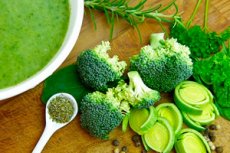
Vegetables during breastfeeding should be one of the mandatory elements in the diet of every mother during lactation. Given the immaturity of the digestive system, some vegetables in infants can cause disruptions in normal bowel function. Therefore, it is also necessary to approach the choice of vegetables in the mother's diet very carefully.
Benefits and negative effects of vegetables
A well-balanced diet and proper hydration can help you and your baby stay healthy through breastfeeding. Food intake is established in the first years of life and affects all stages of the child’s life cycle thereafter. A complex network of genetic and environmental factors is involved in the formation of eating habits, which begin prenatally through the fetus’s exposure to amniotic fluid. After birth, early food experiences become part of this network, such as breastfeeding, which will influence children’s eating habits later in life. Infants are exposed to a variety of tastes that reflect their mother’s diet, making them familiar with the family’s eating habits. Fruit and vegetable consumption is essential for a healthy, high-quality diet. These foods have been linked to the prevention of diseases such as childhood obesity. In addition, vegetables should be included in at least two main meals. This recommendation also aims to reduce the intake of energy-dense and nutrient-dense foods such as glucose and starchy foods.
Although vegetables provide a wealth of essential nutrients and water, it is still necessary to avoid certain varieties to prevent your baby from producing excessive gas. Most carbohydrate-containing foods produce gas during digestion, but compounds in some vegetables cause higher gas production. Therefore, there are vegetables that are allowed and not allowed during breastfeeding.
Different vegetables affect the baby differently, but in general, lettuce, peppers, tomatoes, asparagus are unlikely to cause abnormal digestion. Such vegetables as low-calorie, rich in water can also help you lose extra pounds after breastfeeding.
Of course, there is no objection to the fact that vegetables are useful and necessary in the diet of a mother during breastfeeding. But it is very important how to cook them so that they retain maximum benefit and do not harm the digestion of the newborn. Fresh, raw vegetables during breastfeeding are the richest source of vitamins. Therefore, if possible, all these nutritious ingredients in vegetables should be eaten fresh. Steamed vegetables during lactation take second place in terms of preserving their beneficial properties, which is why this method of cooking should be preferred. Stewed, baked or grilled vegetables are also considered very useful, and they also minimize the negative impact on the baby's digestion compared to fried vegetables.
Depending on how your body and your baby react, you may need to limit or avoid some vegetables. The main problem is colic in babies in the first months of life. Therefore, vegetables that are allowed during breastfeeding in the first and second months are slightly limited to those that do not form gases in the intestines.
Potatoes and eggplants tend to promote moderate amounts of gas. Since potato peels are high in fiber, which can cause or worsen diarrhea, skinless potatoes provide a less gassy alternative if you have excess gas or diarrhea. While you can eat potatoes while breastfeeding, choose steamed, boiled, or baked eggplants and potatoes along with greens to reduce intestinal retention. Fatty foods can delay gastric emptying, increasing gas-related bloating and discomfort.
Read also: Products that cause flatulence
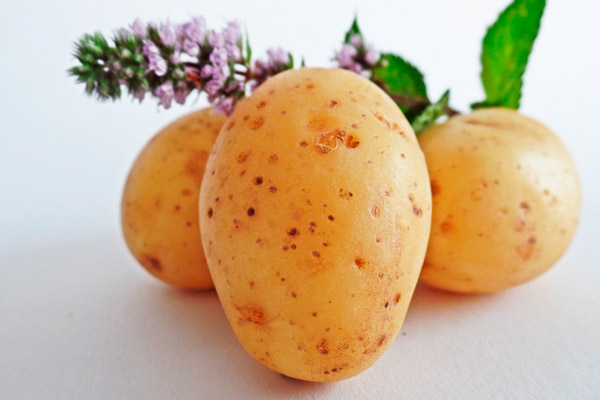
Beans and lentils provide valuable amounts of vitamins, minerals, protein, and fiber. While a sudden increase in fiber intake can cause digestive upset, a healthy diet should contain 25-30 grams per day.
In addition to gradually increasing your intake of fiber-rich foods like legumes, soaking beans and lentils for a few hours and then rinsing them before cooking can prevent excess gas. This process reduces the amount of natural sugars in legumes, which tend to contribute to fullness.
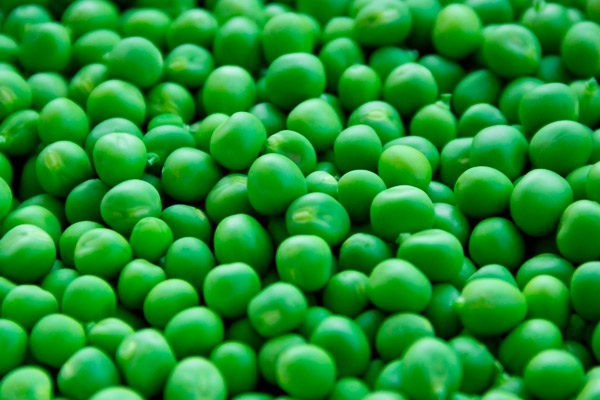
Eating cabbage, broccoli, and cauliflower while breastfeeding is okay, considering that these vegetables expand the surface area of food particles, increasing their contact with digestive enzymes as they pass through your intestinal tract. This makes these foods more absorbable and less likely to cause intestinal gas.
While avoiding certain vegetables and properly preparing them before eating them is important, it is important to know which vegetables should definitely be eaten daily or at least several times a day.
Useful properties of individual vegetables during lactation
The most useful vegetables are those that are green. Moderate consumption of them is not only useful, but it also improves the digestion process itself.
Vegetables such as spinach, kale and watercress are high in calcium, iron, vitamins K and A and folate, making them superfoods for breastfeeding mums.
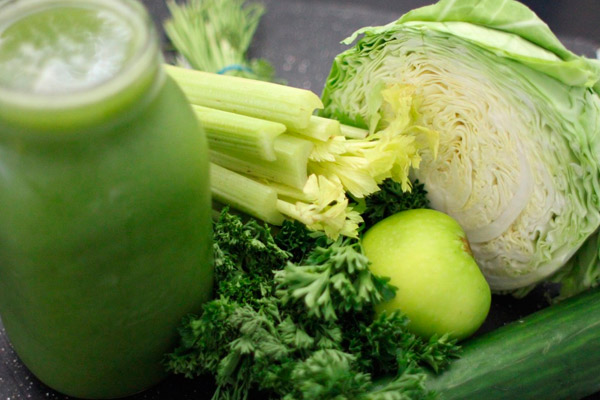
Another benefit of dark greens, including kale, parsley, or arugula, is that the body easily absorbs calcium from these vegetables. Spinach is high in iron, calcium, folate, vitamins, and minerals. This helps nursing mothers recover from anemia after pregnancy. Spinach helps in detoxification of harmful substances and drugs.
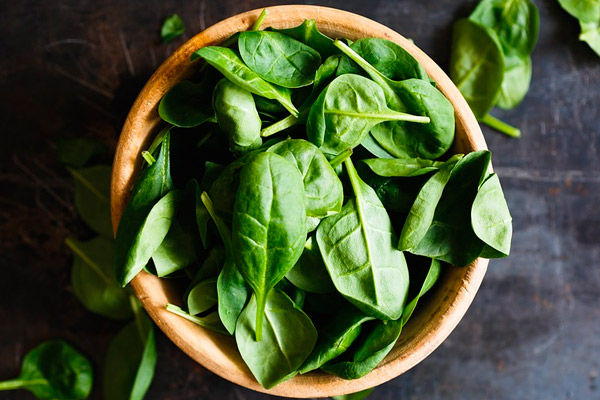
Basil leaves are a good source of thiamine, iron, niacin, vitamin K and carotene. Basil leaves are excellent sources of antioxidants. Consuming the leaves increases the immunity of the mother and child and keeps the newborn from many diseases. Basil also has a calming effect, which is good for a restless baby during colic. You can eat dill while breastfeeding, and it is even considered useful for colic. After all, dill is known for its vitrogonic effect, so eating this green herb will have a very good effect on the baby's intestines.
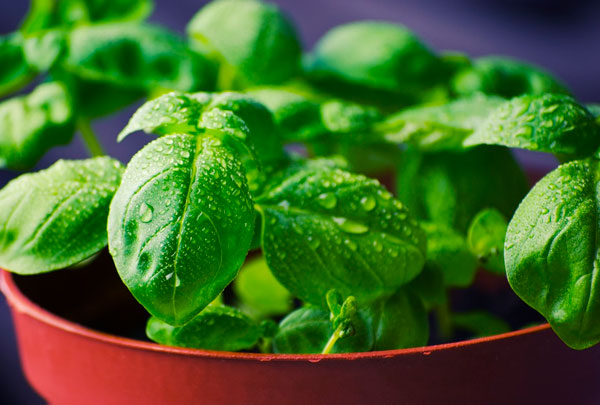
Fat in food, if it is in sufficient and not excessive quantities, helps your body absorb vitamins, fight infections and generate healthy cells and nerves. But not all fats are created equal, so nursing mothers need to choose foods rich in monounsaturated and polyunsaturated fats, which include omega-3 fatty acids from sources such as fish (sardines, halibut and catfish among them), as well as many vegetables that contain such acids. These include avocados, nuts, olive and grapeseed oils. Can a nursing mother eat olives? Olives are considered one of the sources of the same healthy fatty acids, so their use will be very useful for a mother during lactation.
Broccoli, onions, Brussels sprouts, green peppers, cauliflower, cabbage - these vegetables can bother children when raw, but they are less harmful when cooked. Therefore, nursing mothers can eat Chinese cabbage, but it is preferable if it is first cooked by stewing with other vegetables. Peppers can also be consumed by a nursing mother, but it is also best stewed or steamed.
Carrots contain alpha and beta carotene, which help in producing more breast milk. It also contains vitamin A, which undoubtedly increases lactation hormones. Therefore, a lactating mother can eat carrots, preferably fresh or in the form of juice.
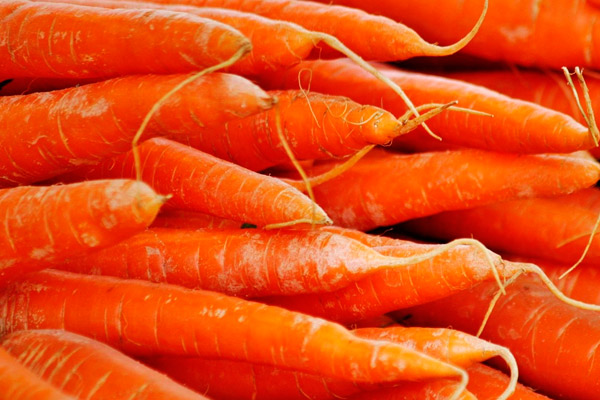
Sweet potatoes are rich in beta-carotene (vitamin A), which helps improve the quality of breast milk. They also contain phosphorus, vitamin B1 and B2, vitamin C, potassium, dietary fiber, copper, vitamin B6. Sweet potatoes are a source of magnesium, which is a mineral known for its relaxation and anti-stress benefits. Sweet potatoes contain iron and promote a healthy digestive system. Celery is also very useful during lactation, because in addition to nutrients, it is hypoallergenic.
Since garlic has herbal properties, it has been used for many years to stimulate the supply of breast milk. If your baby suffers from colic, then avoid garlic in your diet. Consuming 2-3 cloves of garlic daily helps in the production of breast milk in mothers. But do not forget that it gives an unpleasant smell and bitter taste to milk, so the newborn may refuse it altogether. Therefore, a nursing mother can eat garlic if the child reacts normally to it and does not refuse milk at the same time. The same applies to onions - it is a very useful natural phytoncide that can kill many germs. But it can affect the taste of milk, so it is not recommended for a mother to eat onions while feeding.
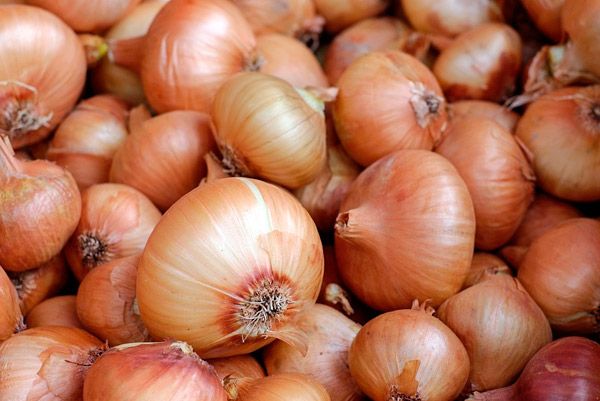
Ginger is a powerful herb commonly used in cooking and has medicinal properties. It is used to treat many types of health problems such as indigestion, sore throat, cough, cold, muscle pain, hypertension, cramps, constipation, vomiting, fever. Ginger promotes healthy breast milk supply for nursing mothers, so ginger can be consumed by a mother during lactation. The best use of ginger is to make ginger tea.
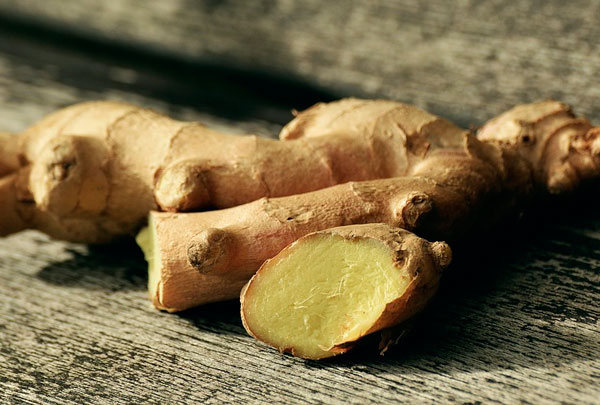
Can a nursing mother eat pumpkin? Pumpkin is a very nutritious and useful lactation inducer. It helps in detoxifying the liver and body, and develops immunity. It improves digestion, has antioxidant vitamins A and C. It is a seasonal vegetable with a high water content. It helps keep your body hydrated, is easily digestible, so you can eat pumpkin during lactation. It is better to use pumpkin in the diet in the form of freshly squeezed juice, to which you can add a small amount of lemon, and mint as a flavor enhancer. Try making pumpkin desserts, such as pudding or porridge.
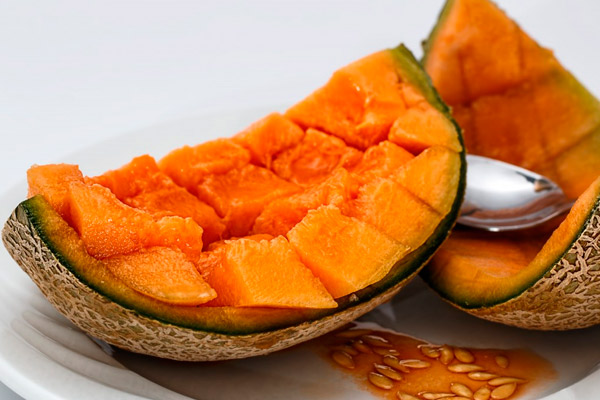
A mother can also eat seaweed while breastfeeding, because it is one of the sources of iodine, which is so necessary for the child.
Asparagus is a green vegetable that is an excellent source of dietary fiber, vitamin A and K. It stimulates lactation hormones in nursing mothers. Asparagus improves the digestion process. You can grill or steam asparagus. Green beans are not recommended for breastfeeding mothers, because compared to green asparagus, they are heavier for the digestive tract. They can cause bloating in both the baby and the mother, so bean intake should be limited.
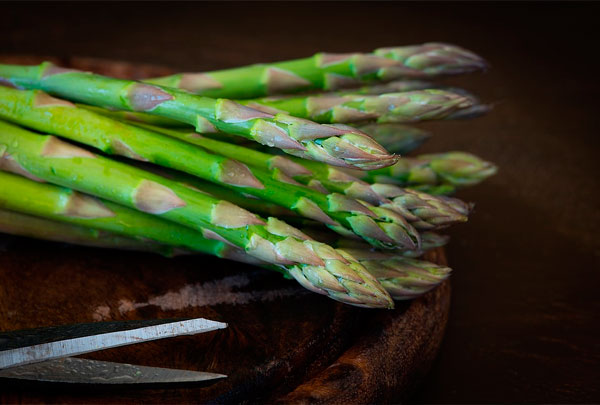
It is known that corn causes allergic reactions in children, so it is not recommended for a nursing mother to eat canned or fresh corn. In addition, corn can linger in the intestines for a long time, which is why it can cause constipation in the mother and discomfort in the newborn.
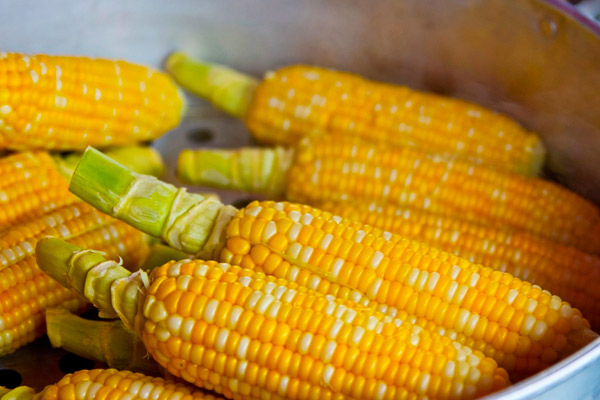
Eating certain foods and then breastfeeding can cause an allergic reaction in your baby. Therefore, it is advisable to eat hypoallergenic vegetables when breastfeeding. These include potatoes, zucchini, beets, cauliflower.
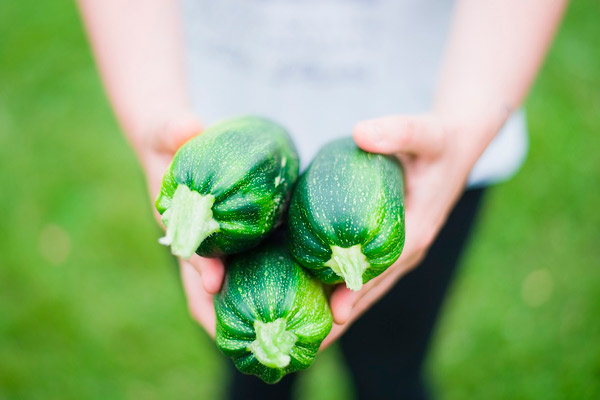
Nursing mothers can also eat beets, despite the fact that they are red. Beets are not allergenic products, so boiled beets can be eaten, especially if the child is prone to constipation.
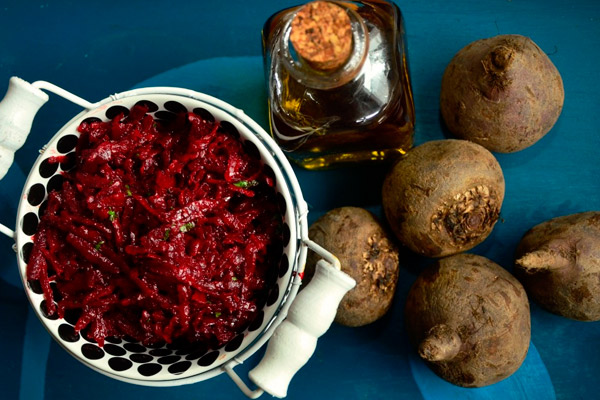
Keep a close eye on your baby and any symptoms of allergic reactions after breastfeeding. If you notice any allergic reactions, think about any foods you may have recently eaten or any new foods in your diet. These foods will need to be removed from your diet. The most common symptom of an allergic reaction can be found in changes in your baby’s stool. Any stool that is mucus-like, green, and blood-tinged will indicate a potential allergic reaction. Allergic reactions can also cause your baby to become fussy, develop a rash, have diarrhea, be constipated, or in some extreme cases, may cause difficulty breathing.
Can a nursing mother eat cucumber? Cucumber juice contains minerals such as potassium, magnesium, and fiber, which help regulate blood pressure. Cucumber can also help lower cholesterol. But despite these beneficial properties, it is better to avoid cucumber when you are breastfeeding. Cucumber is one of the plant products that can cause colic in your baby due to its tendency to increased gas formation. And can you eat pickled cucumbers? Not only do they contain a minimal amount of vitamins, but they also retain water in the mother's body and can even cause edema. Therefore, neither fresh cucumbers nor pickled cucumbers are recommended for a nursing mother.
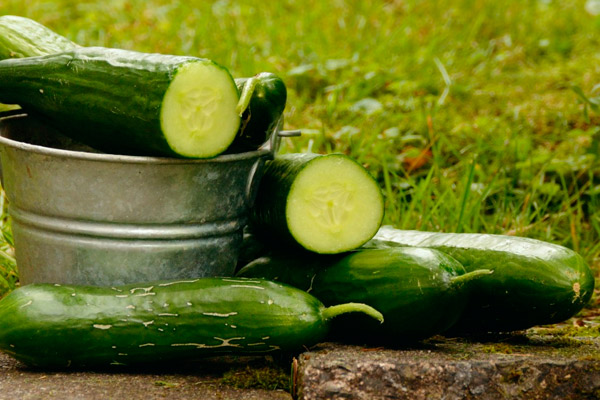
Tomatoes are a good source of vitamin C, a nutrient essential during breastfeeding because it helps you absorb large amounts of iron. However, tomatoes contain acids that can cause problems for your breastfeeding baby.
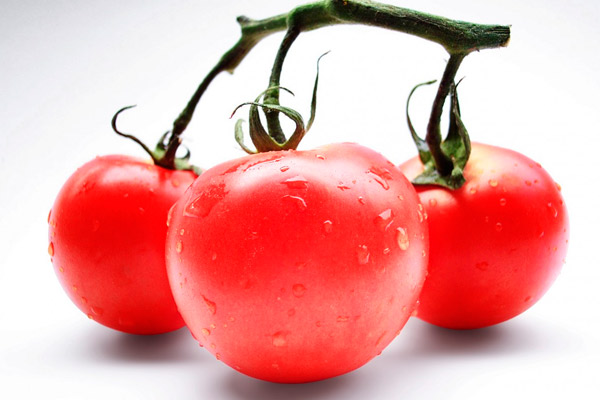
The strong flavor of tomatoes that can leak into your milk can make your baby irritable. Therefore, it is okay to eat tomatoes in small quantities when breastfeeding. Start with a small amount to see if your baby shows any signs of irritation. If he or she does, you will know to avoid tomatoes for the duration of your breastfeeding. If no symptoms appear, you can gradually increase the amount.


 [
[